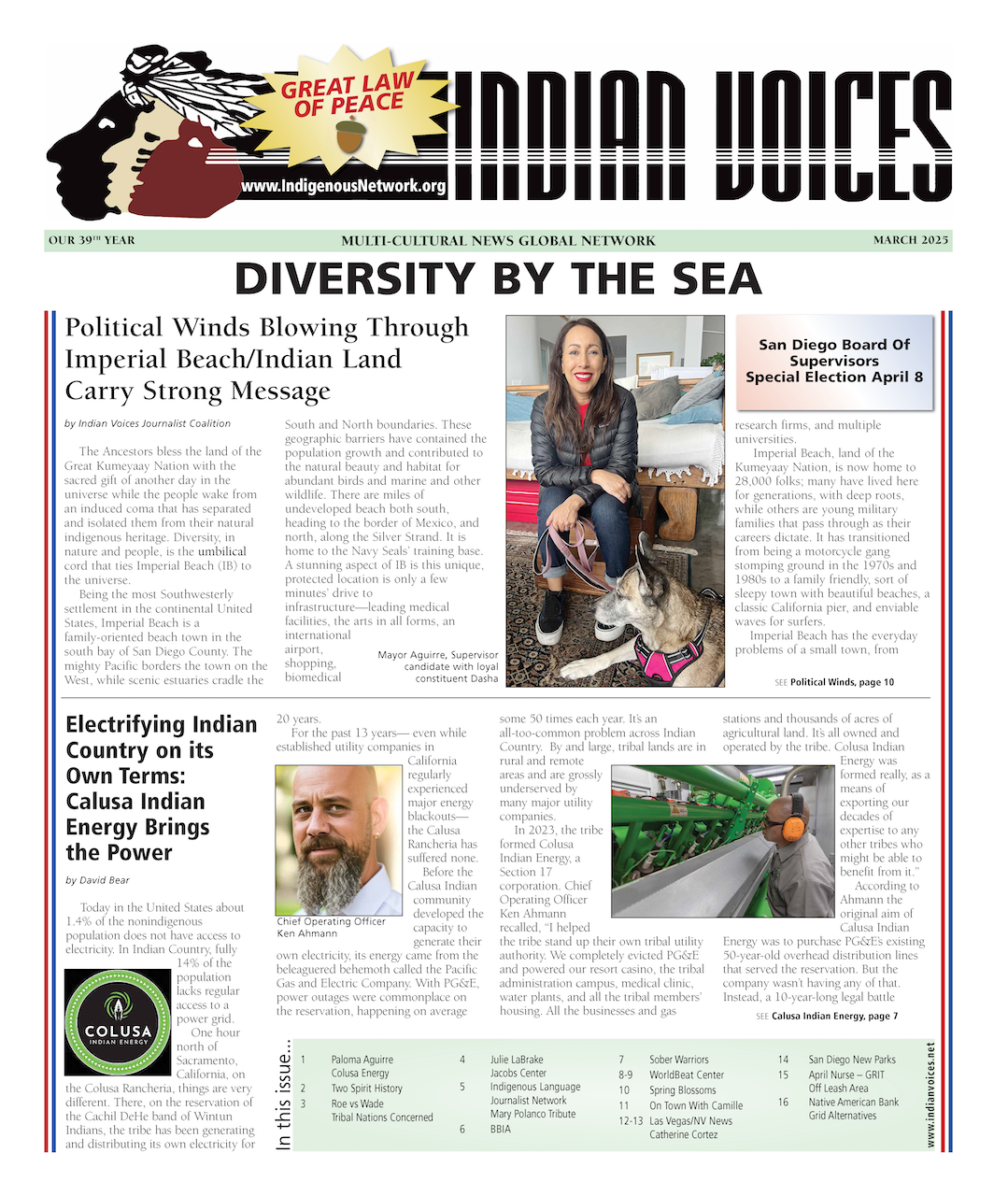by James Bartoli
The recent flood of bad press about Monsanto's toxic seeds, its squelching of independent science, and its blatant corruption of politics, has been dizzying. May 25th, over two million people around the world joined a local ‘March Against Monsanto’ (MAM) to express their outrage at corporate subversion of ‘good government’ and Monsanto's lead position atop a de facto 'foodopoly'. They shrugged off corporate media anesthetics and demanded they no longer be made guinea pigs without consent by government-supported refusal to label foods containing GMOs (genetically modified organisms).
Inside the USA, large numbers are alarmed by the corporate-government revolving door -- especially concerning Monsanto. Outside the USA, particularly in the Global South, opposition is rooted in smallholder struggles for food sovereignty and against US government “science diplomacy." A recent Food & Water Watch report used official cables from Wikileaks to demonstrate the 'bipartisan' continuity of using Washington's geopolitical muscle to advance agrichemical companies’ interests abroad. Mainstream media inattention to such corruption reflects the extent of corporate fusion with state power and the implosion of 'democracy'.
Closer ties between the chemical industry and US militarism developed rapidly after WWI on the initiative of the US Chemical Warfare Service, then interested in allaying public opposition to chemical warfare by developing a peacetime agrichemical industry. Monsanto and other chemical companies were firmly within the 'military-industrial' complex by the end of WWII, having reapplied chemical warfare from human to agricultural ‘pests’ on a global scale. Militarism’s merger with the food system deepened an obscene degree in the 21st century. Monsanto’s ability to direct government policy and willingness to hire mercenaries to spy on dissenters is mirrored by government subservience to a criminal banking elite and corporate media support of the federally coordinated suppression of dissent.
Foodopolists claim extending industrialized agriculture is necessary to feed the world's projected population growth. However, increased production is not the problem. They conveniently ignore that current global yields already meet this projected demand, while inequality ensures its mal-distribution. Also ignored is industrialized agriculture’s unsustainable dependence on mining non-renewable resources from already stressed and finite ecosystems. Agroecological methods and food sovereignty offer the only sustainable alternative vision, something notably recognized by the UN Special Rapporteur on the Right to Food.
From the Declaration of Nyéléni, issued by over 500 representatives from over 80 countries: "Food sovereignty is different from food security in both approach and politics. Food security does not distinguish where food comes from, or the conditions under which it is produced and distributed. National food security targets are often met by sourcing food produced under environmentally destructive and exploitative conditions, and supported by subsidies and policies that destroy local food producers but benefit agribusiness corporations. Food sovereignty emphasizes ecologically appropriate production, distribution and consumption, social-economic justice and local food systems as ways to tackle hunger and poverty and guarantee sustainable food security for all peoples. It advocates trade and investment that serve the collective aspirations of society. It promotes community control of productive resources; agrarian reform and tenure security for small-scale producers; agroecology; biodiversity; local knowledge; the rights of peasants, women, indigenous peoples and workers; social protection and climate justice."
Although MAM has not raised food sovereignty, we may all benefit coming together in the streets, expanding the discussions, and engaging with the larger global movement. In a growing discussion, centering less privileged voices, we may consider long-term solutions giving global equity and sustainability equal importance alongside health and safety. A locally rooted yet internationally connected sustainable food system is already nascent around the world -- one that, federated together across artificial borders, may replace industrial agriculture. For this better world to grow, however, we must support existing groups doing good work and create our own groups to liberate more spaces -- scaling-out sustainable food systems horizontally rather than scaling-up, vertically. Then, we may feed the world, improve health AND build democracy.
(Adapted from a longer article published in The Growing Discussion About Food < http://www.inmotionmagazine.com/gdaf_vol1/gdaf_vol1_3.pdf >)






